Milan-based Ephos, the producer of glass-based photonic chips, announced on Monday that it has secured $8.5M (approximately €7.6M) in a Seed funding round led by Starlight Ventures.
Other investors, including Collaborative Fund, Exor Ventures, 2100 Ventures, and Unruly Capital, among others, as well as angel investors Joe Zadeh (former Vice President at Airbnb), Diego Piacentini (former Senior Vice President at Amazon), and Simone Severini (General Manager, Quantum Technologies, Amazon Web Services), also participated in the round.
“Securing this funding and opening our Milan facility is a critical milestone for Ephos. Our glass-based photonic chips are set to transform not just quantum computing and AI, but the broader computational infrastructure of the future,” says Andrea Rocchetto, CEO and co-founder at Ephos.
“By addressing energy inefficiencies and enhancing performance across industries, from data centers to secure communications, we’re laying the foundation for the next generation of computing technology,” adds Rocchetto.
Alongside its Milan headquarters and new manufacturing facility, the funding will also go towards operating and growing its San Francisco team.
Besides funding, the company has also announced the opening of its state-of-the-art research and manufacturing facility in Milan, the world’s first dedicated to producing glass-based quantum
photonic circuits.
In addition, the Italian company has received €450K in non-dilutive funding from the European Innovation Council (EIC) and NATO’s Defence Innovation Accelerator (DIANA).
Also, Ephos has been chosen as one of just 10 companies out of a pool exceeding 1,300 applicants.
Ephos: Deliver glass-based photonic chips at-scale
Led by Andrea Rocchetto, Ephos designs and manufactures glass-based integrated photonic circuits that power the most advanced classical and quantum devices.
According to the company’s claims, its technology increases the speed and energy efficiency of advanced quantum computing, communications, and sensing devices.
Ephos’s chips, built on glass substrates, are designed to reduce signal loss, which is one of the main obstacles in building a quantum computer.
In quantum computing, information cannot be duplicated or copied, so beyond a certain level of signal loss, it becomes impossible to create a new signal to replace a lost one.
Ephos’s engineered chips minimise signal loss, allowing its customers to create scalable photonic systems more efficiently.
The company says that its technologies have a wide range of classical applications beyond quantum computing, including data centres where photonic chips are increasingly being used to reduce soaring energy footprints.
Ephos uses in-house chips and relies only on US and EU suppliers.
The investor
Starlight is a venture capital firm for founders addressing the world’s most pressing challenges and opportunities.
“We see tremendous potential in Ephos’s glass-based photonic chips to revolutionise the future of computing,” says Kike Miralles, Principal at Starlight Ventures.
“As AI and quantum advancements challenge the limits of our current infrastructure, Ephos stands out with its ability to significantly reduce signal loss and improve energy efficiency. This innovation not only meets the growing demands for faster, more efficient platforms but also opens the door to new possibilities in quantum computing and communication technologies across multiple industries,” adds Miralles.



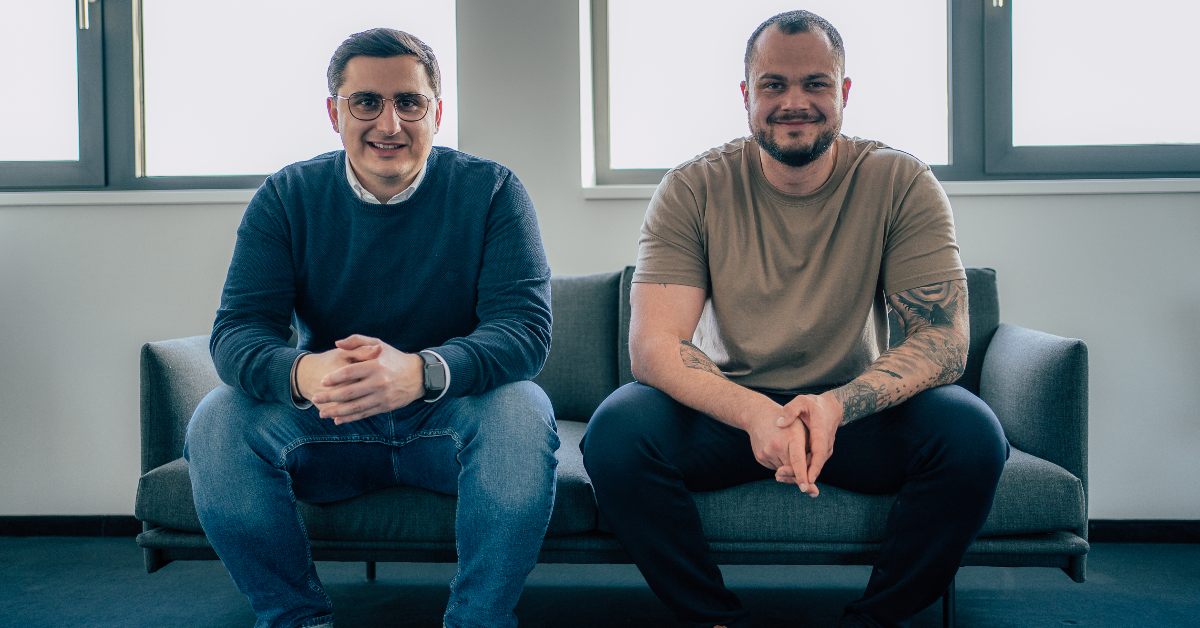
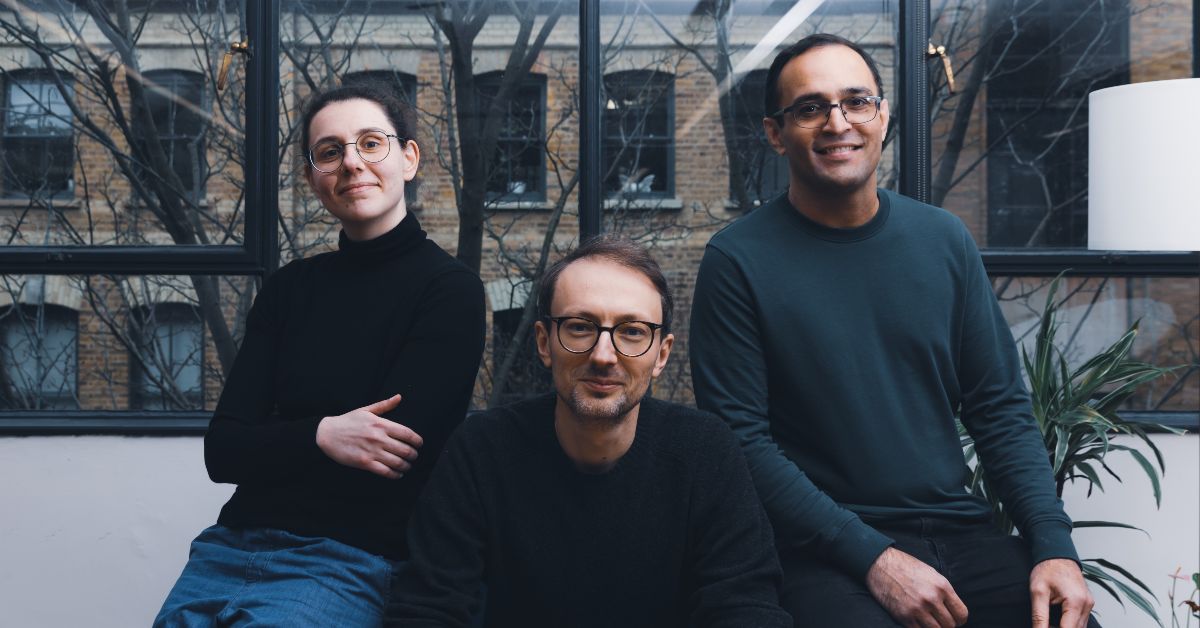

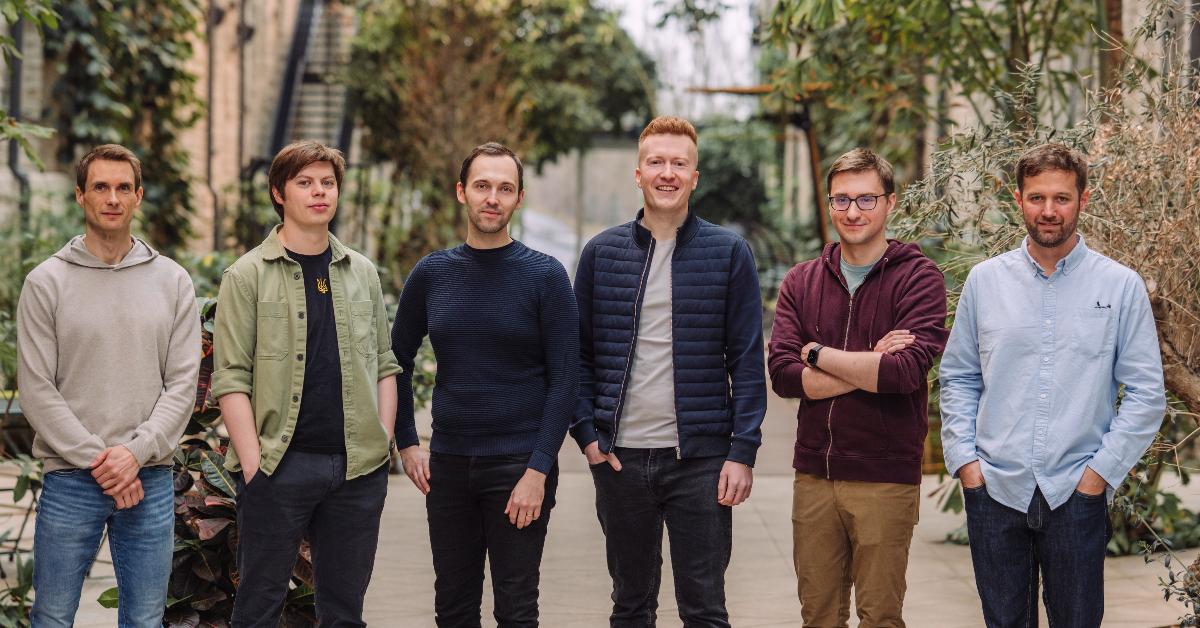
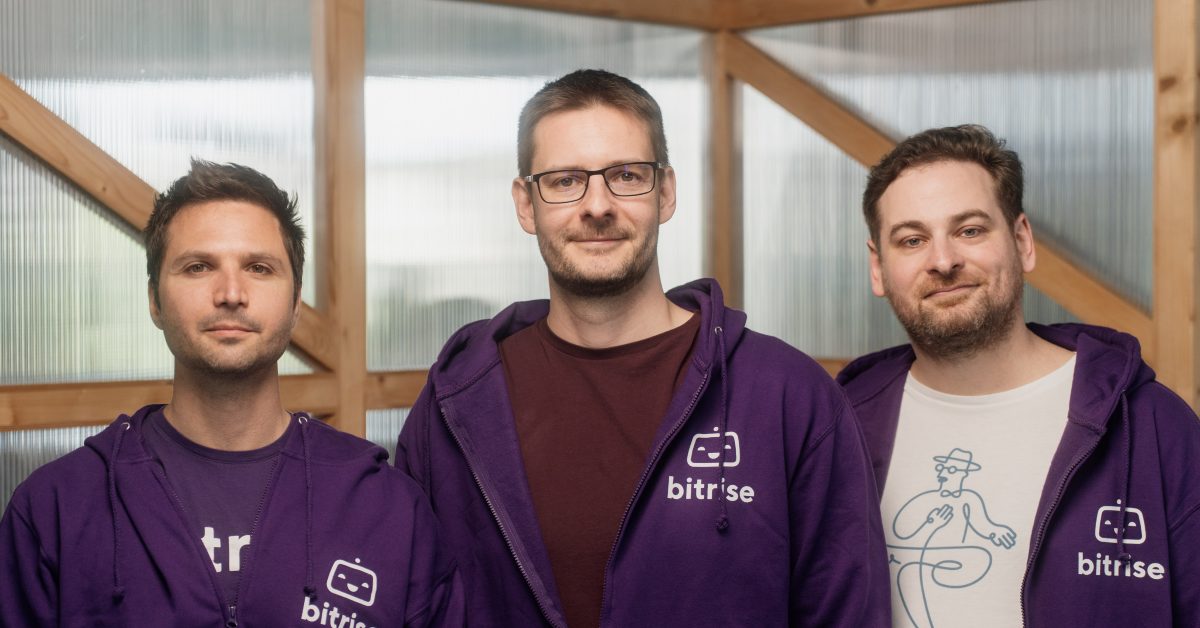
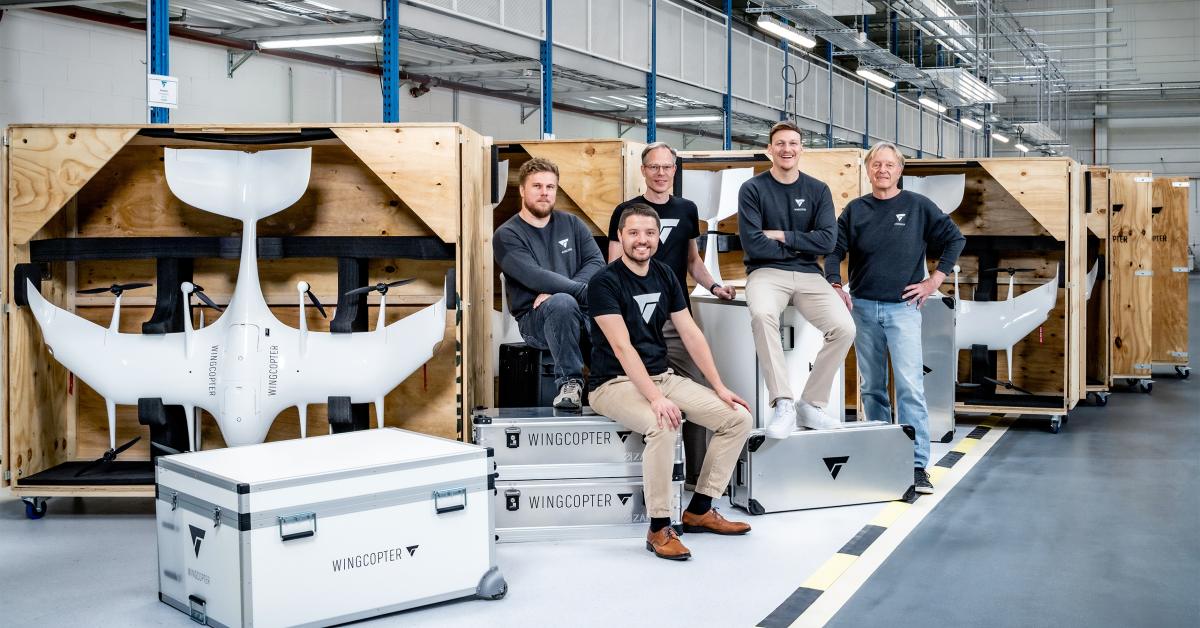

01
From Mexico City to Rotterdam: How the Dutch Startup Visa launched Estefania Hernandez’s HR tech revolution